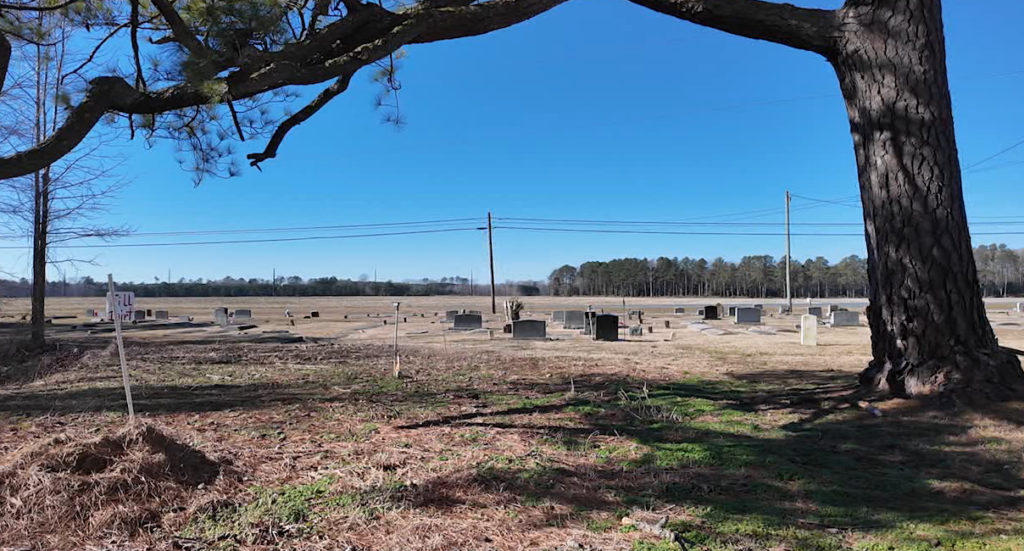Md. DHCD commits to agency climate plan as state leans into clean energy goals
MARYLAND – The Maryland Department of Housing and Community Development (the Department) is launching its agency climate plan.
“This is a part of the overall effort to ensure that we’re meeting our climate goals while we’re getting our economy moving again, which is not an easy feat,” said the Department Secretary Jak Day.
States Leans into Climate
In June, Governor Wes Moore (D-Md.) issued an executive order creating the Climate Subcabinet, directing all agencies to complete Climate Implementation Plans by the end of 2024. On Dec. 20, the Maryland Department of the Environment released 25 agency plans prioritizing actions to meet the state’s climate goals. They include workforce development for installing clean appliances, electrifying vehicle fleets, making state buildings more energy efficient, and diversifying its energy portfolio.
“We don’t have to choose between a green economy and a growing economy… By mountain an all-of-government approach to climate action, we will cut emissions, lower costs, and create more than n27,000 Maryland jobs,” said Gov. Moore in a press release.
DHCD Commits to Plan
The Department’s recommended actions in its plan include promoting efficient building codes and construction projects, the switch to clean fuels in construction, and the inclusion of renewable energy systems in construction. It also calls to include greenhouse gas resources in funding for construction projects and a review of the agency’s office building efficiency. The Department also seeks to connect program applicants with existing resources for greenhouse gas savings.
“What we’re attempting to do is use our tools such as the qualified allocation plan of low-income housing tax credits to build more sustainable and affordable housing, that relies less on natural gas and other greenhouse gas-producing fuel sources, and to be electrified and better insulated,” Secretary Day said.
Prioritizing Equity and Environmental Justice
The plan also prioritizes targeting funds to projects with a focus on equity and environmental justice.
“The land use decisions we make, the way that we build, the lack of density—all of those things contribute to a massive increase not only in the carbon footprint of the built environment but also the carbon footprint of our transportation environment. When we build things for single land use fashion and spread them apart, it costs us and the environment more,” Secretary Day said.
In 2023, Gov. Moore announced a $90 million down payment on the state’s climate plan. The state aims to reduce greenhouse gas emissions by 60 percent in 2031, and reach 100 percent green energy by 2035.


